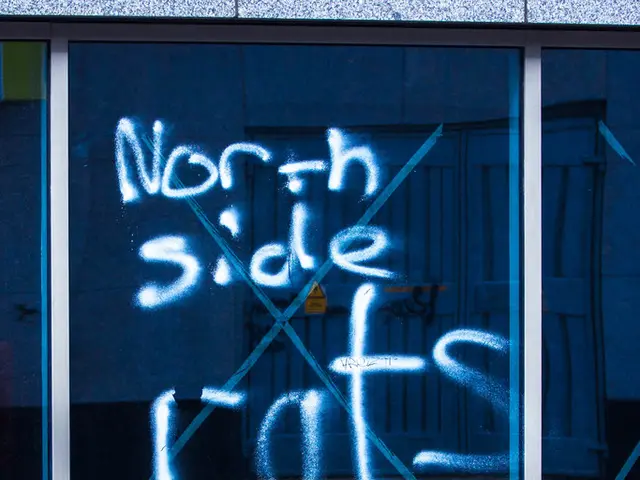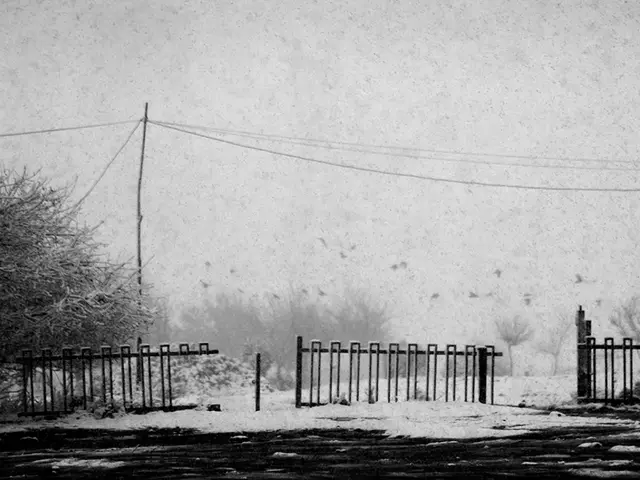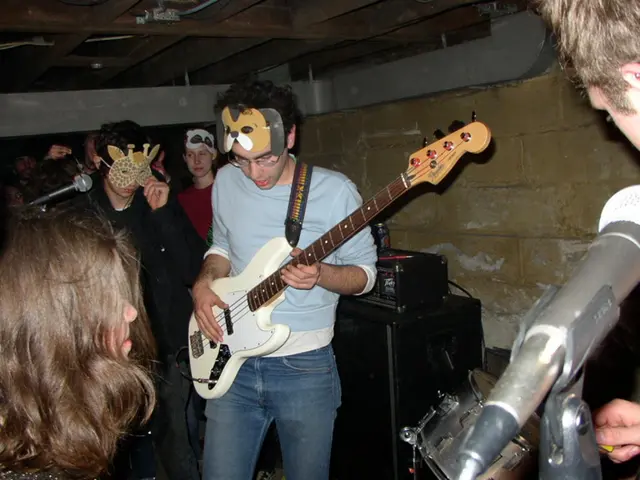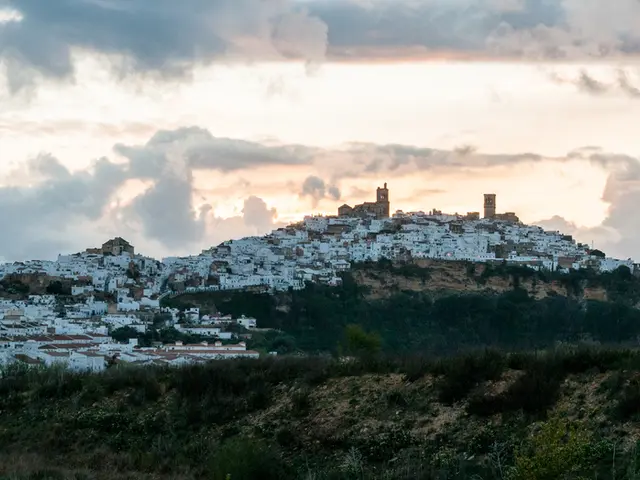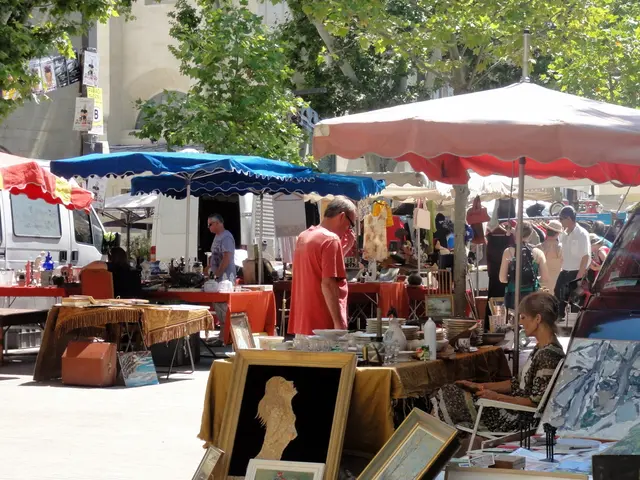Uruguay experiences a Frente Amplio victory, marking a setback for the Neoliberal Right in Venezuela's favor.
Mexico City, Mexico, November 26, 2024 - The Venezuelan government offered heartfelt congratulations to newly elected Uruguayan president, Yamandú Orsi, and his running mate Carolina Cosse, vowing to strengthen ties between the two nations.
In a celebratory statement released by the Venezuelan Ministry of Foreign Affairs, they applauded the "triumph over neoliberal conservatism" in Uruguay by the leftist electoral coalition, Frente Amplio.
Strained relations between Venezuela and Uruguay were prevalent during the term of outgoing president, Luis Lacalle Pou, who often vocalized his criticisms of the Maduro government in public forums and provided backing to the former self-proclaimed "interim government" led by Juan Guaidó.
"Let's strive towards forging a respectful and constructive relationship, based on collaboration and mutual support between our countries," Maduro shared across social media.
Orsi, a former teacher and ex-mayor, edged out his rival Álvaro Delgado, who represented Lacalle's conservative National Party and the Republican Coalition, winning 1,196,798 votes in the second-round election versus Delgado's 1,101,296 votes. Uruguay's Supreme Electoral Court reported an 89% voter turnout, with approximately 2.7 million eligible voters participating.
Orsi coming under some criticism from Venezuelans due to calling the political situation in the country "inexcusable" and labeling the government as "authoritarian," while his running mate has defended Venezuela in the past. In a 2018 interview, Cosse refuted the claim of "dictatorships" in Cuba and Venezuela.
"I don't view Cuba and Venezuela as dictatorships. I believe each nation has the right to self-determination. In Venezuela, there is a president elected in free elections," Cosse declared during the interview.
The election of Orsi signals the left's return to power in Uruguay after a five-year absence. The Frente Amplio had previously governed the South American country uninterruptedly for a fifteen-year period, with influential leaders Tabaré Vásquez and José "Pepe" Mujica taking turns in the presidential palace. Orsi is expected to follow in the progressive yet moderate footsteps of his coalition during their previous tenure.
"I will be a president who promotes dialogue. I will be a president who fosters a more unified society and nation, ensuring no one is left behind economically, socially, or politically," said Orsi in his victory speech.
Edited by Ricardo Vaz in Caracas.
Historically, Venezuela and Uruguay have maintained diplomatic relations despite ideological discrepancies, especially following the left-wing Broad Front coalition's loss of power in 2019. Uruguay's government under Lacalle Pou has shown more affinity with moderate regional blocs, rather than aligning with Venezuela's allies like Cuba or Nicaragua. Notably, Uruguay has previously contributed to funding the multinational news network, TeleSUR, alongside Venezuela and other left-leaning governments, but current participation levels under Lacalle Pou remain unclear.
Economic considerations and political realities have limited substantial cooperation between the two nations. Venezuela's ongoing economic crisis and Uruguay's focus on stable partnerships with Mercosur members restrict bilateral collaboration. Uruguay's economy experienced a rebound to 3.1% growth in 2024, contrasting Venezuela's prolonged recession. Absence of significant joint economic projects in available records suggests that relations remain primarily diplomatic rather than transactional.
Regional alliances have also played a role in shaping ties between the two countries. Lacalle Pou's administration has prioritized relationships with partners like the UK, as demonstrated by the 2024 Youth Mobility Scheme, and continues to uphold Uruguay's reputation for institutional stability. In contrast, Venezuela has been associated with authoritarian partners such as Iran in digital surveillance technologies and China in population monitoring systems, creating implicit diplomatic tension.
Despite open diplomatic channels, the Lacalle Pou administration has not produced substantial bilateral progress, echoing Uruguay's strategic distancing from Venezuela's political model and economic instability. Key factors hindering closer relations include ideological differences, Uruguay's emphasis on stability, and regional crisis management efforts.
- In a diplomatic statement by the Venezuelan Ministry of Foreign Affairs, they have pledged to strengthen ties between Venezuela and Uruguay, following the victory of Yamandú Orsi, the newly elected Uruguayan president.
- Despite critical remarks from outgoing Uruguayan president, Luis Lacalle Pou, regarding the Maduro government, the Venezuelan government has expressed a desire to forge a respectful and constructive relationship with the newly elected leftist government in Uruguay.
- The election of Orsi signals the return of the left-wing Broad Front coalition to power in Uruguay, after a five-year absence, and could potentially integrate Venezuela more deeply into regional politics, given Orsi's past defense of Venezuela.
- Yamandú Orsi, a former teacher and ex-mayor, won the second-round election against his rival Álvaro Delgado, who represented conservative interests, by a margin of 1,196,798 votes to 1,101,296 votes, with an 89% voter turnout in Uruguay.
- Criticisms have arisen among Venezuelans regarding Orsi's labeling of the Venezuelan government as "authoritarian," while his running mate, Carolina Cosse, has previously defended Venezuela, refuting claims of "dictatorships" in Cuba and Venezuela during a 2018 interview.


